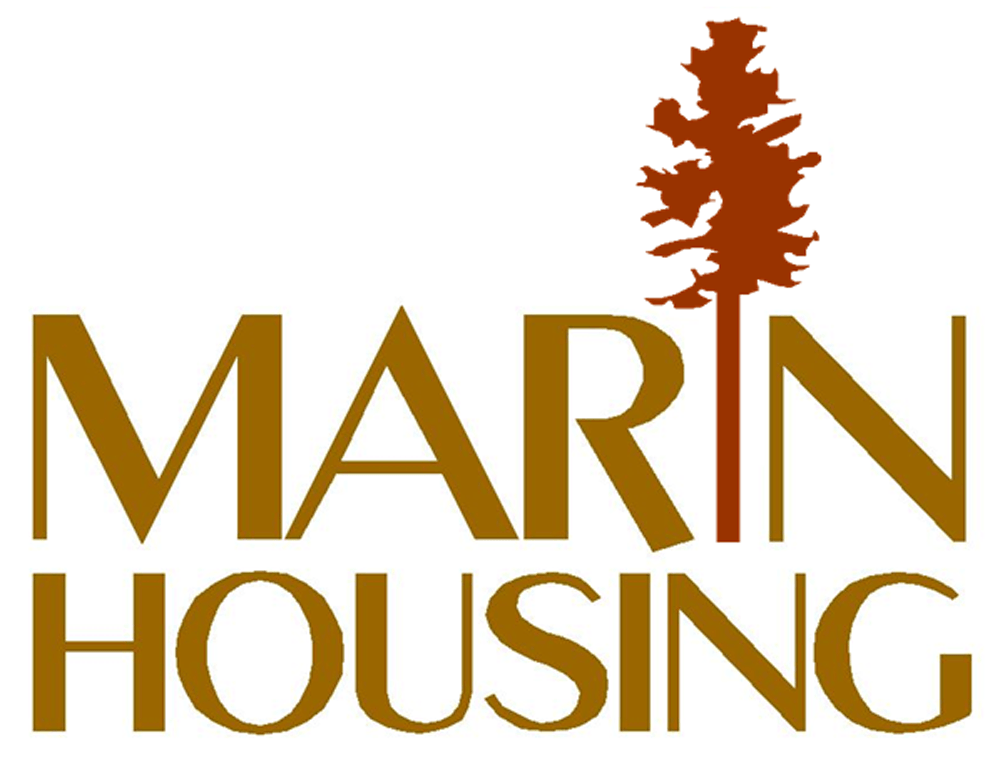Family Self Sufficiency Program (FSS)
Quick Links
What is Family Self-Sufficiency (FSS)?
FSS is a program serving HCV & Public Housing participants who wish to increase their earned income and reduce their dependency on welfare assistance and rental subsidies. With support of local agencies, FSS combines case management and advocacy with individual plans for education, training, and employment. Participants in the program can receive support services for up to five years while improving their standard of living and building tools for creating sustainable change.
Qualification
To qualify for enrollment, you must:
- Have a voucher or live at GGV
- Be the Head of Household
- Be motivated and able to enroll in school, vocational training, or actively seek employment.
Preparing for Success
To assist FSS families in being successful, underlying barriers to success will be addressed. In cooperation with local agencies, FSS will offer referrals for the following resources:
- Budgeting & Financial Literacy
- Credit Building
- Family & Individual Counseling
- Parenting Classes
- Job Development
- Resume Writing
- Education (basic, GED,ESL)
- Job Training
- Homeownership Counseling
- Other supportive services
Accepting the Challenge
Each participant in the FSS program signs a Contract of Participation and works closely with a case manager. Together, through a goal setting process, they craft a road map. This serves as a guide for the family to follow as they work toward goals related to higher education, career development, and financial education.
Financial Rewards for Working
By participating in the FSS program you become eligible for an escrow account. This is a savings account set up in your name by Marin Housing. Monthly deposits are made when you report an increase in earned income (after you join FSS).
The portion you pay toward rent is called total tenant payment (TTP), and is usually 30% of your income. This dollar amount is recorded on your FSS Contract. As your income increases, so does your TTP. In most cases, your escrow deposit will be the difference between your original FSS Contract TTP and your current TTP.
Example:
TTP after income increase: $ 400.00
Original TTP (FSS Contract): -$ 50.00
Monthly Escrow Deposit: $350.00
FSS Completion
When you meet your goals, are employed, and free of cash aid (TANF) for the final 12 months of FSS, you are eligible to receive your escrow account in full!
FSS FAQs
- When is the best time to join?
Ideally before you start working
- What if I am disabled?
Anyone may join FSS if they are interested in working, including people with disabilities.
- Do I have to get off Section 8 or leave Public Housing when I finish the program?
NO. Although, the average income increases significantly during FSS participation, most families graduate and continue to receive their housing subsidy.
- Do I have to buy a house in order to get the money in the escrow account?
NO. While homeownership may be feasible, it is not a requirement.
- Is full time work a requirement?
Although encouraged, this is not required. The more you earn in wages after you join FSS, the more you will earn in the escrow account.
FSS Forms
Download the Translation extension for the web browser you are using to view the form in your preferred language if you have not done so already. You can download them here: Browser Translation Extensions
*Important Note: Before you submit the FSS Intake Form, you need to attend an Orientation to the Program. Contact the FSS Staff to learn more.
Online Forms & Downloadable Brochures
-
Online FSS Interest FormFill Out the Online FSS Interest Form Here
Complete this form if you are a current Public Housing Resident or an individual with a Housing Choice Voucher that is interested in or are seeking employment.
-
Printable FSS Interest FormDownload Printable FSS Interest Form
Download a printable version of the FSS Interest Form
-
Online FSS Intake FormAccess the Online FSS Intake Form List Item 1
Access the online FSS Intake Form
-
Printable FSS Intake FormDownload Form Here
View and Print FSS Intake Form
-
FSS BrochureDownload FSS Brochure List Item 2
View and print the FSS Brochure
-
FSS Brochure SpanishDownload Spanish FSS Brochure
View and print the FSS Spanish Brochure
FSS Staff Contacts
| Name | Title | Phone | |
|---|---|---|---|
| Samantha Guzowski | Program Manager Supportive Housing | sguzowski@marinhousing.org | 415-249-4496 |
| Jaqueline Mendez (Se habla español) | FSS Program Coordinator | jmendez@marinhousing.org | 415-446-7661 |
| Myra Wallace | FSS Program Coordinator | mwallace@marinhousing.org | 415-619-6371 |
| Natalie Clawson | FSS Program Coordinator | nclawson@marinhousing.org | 415-491-2525 ext. 210 |
FSS Resources
FSS Resources
-
College of Marin Write a description for this list item and include information that will interest site visitors. For example, you may want to describe a team member's experience, what makes a product special, or a unique service that you offer.
College of Marin Website List Item 1 -
Conservation Corps of North Bay Write a description for this list item and include information that will interest site visitors. For example, you may want to describe a team member's experience, what makes a product special, or a unique service that you offer.
Conservation Corps of North Bay Website List Item 2 -
BloomBloom Website List Item 3
Bloom, (formerly Image for Success), is a volunteer-based nonprofit that provides complimentary wardrobes and life skills training to children, women, and men transitioning to a life of self-reliance. Shop for all the right reasons at Bloom.
-
Center Point Write a description for this list item and include information that will interest site visitors. For example, you may want to describe a team member's experience, what makes a product special, or a unique service that you offer.
Center Point Website -
Hellen Vine Recovery Write a description for this list item and include information that will interest site visitors. For example, you may want to describe a team member's experience, what makes a product special, or a unique service that you offer.
Hellen Vine Recovery Website -
Marin City Community Development Corporation Write a description for this list item and include information that will interest site visitors. For example, you may want to describe a team member's experience, what makes a product special, or a unique service that you offer.
Marin City Community Development Corporation Website -
Tamalpais Adult School GED/HSD Classes Write a description for this list item and include information that will interest site visitors. For example, you may want to describe a team member's experience, what makes a product special, or a unique service that you offer.
Tamalpais Adult School GED/HSD Classes -
GED Test Registration Write a description for this list item and include information that will interest site visitors. For example, you may want to describe a team member's experience, what makes a product special, or a unique service that you offer.
GED Test Registration Website
Marin Housing Authority
4020 Civic Center Drive
San Rafael CA 94903
Phone: (415) 491-2525
Public Housing Maintenance Requests: (415) 390-2094
Fax: (415) 472-2186
TDD: (800) 735-2929
Marin Housing's Main office lobby hours are
Monday through Thursday 10 am to 4:30 pm.
All in-person meetings are by appointment only, please
email
or call
415-491-2525
to schedule an appointment.
All Rights Reserved | Marin Housing Authority


